Asian Beauty, Redefined
Lustrous black hair and impossibly white, porcelain skin mark the struggle of the narrow ideals of Asian beauty.
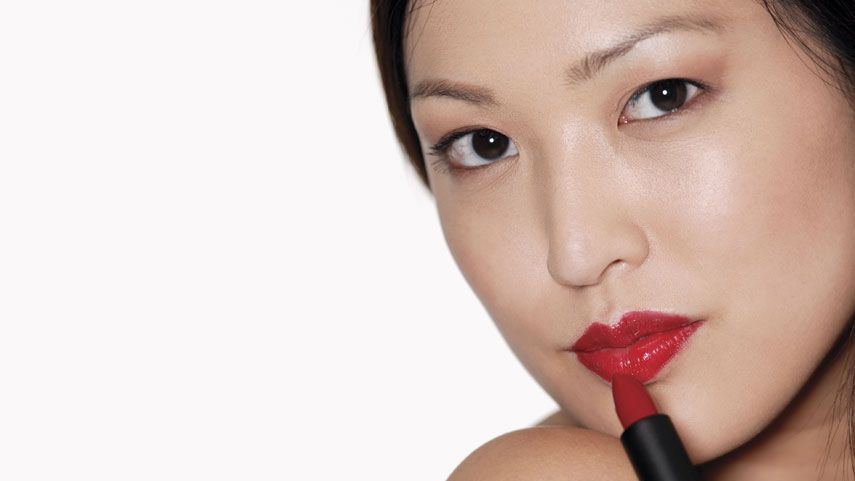
IF YOU WERE TO CREATE THE IDEAL Asian woman, what would she look like? She would be thin, of course, and her skin would be pale, unlined, babyish in its softness and porelessness. Her hair would be thick, shiny, black or dark brown, preferably straight, and certainly long. You would be able to paint her in just two swipes of gouache, a figure as unspecific as she is iconic: a knife-slash blade of ink for her torso, a brushstroke of black for her hair.
It would be an easy image to make because here's what you wouldn't need to bother rendering: hips (or girth of any kind, for that matter — the idea of replacing the word fat with the more salubrious euphemism of curvy has never quite caught on among Asians); skin that shows the sorts of marks that all other races have grown to, if not celebrate, then at least accept (freckles, moles, sunspots, even the occasional wrinkle); short hair.
There are 4.1 billion Asians in the world, or almost 60 percent of the entire human race. Some 17.3 million of them live in the United States. Asian cultures are some of the oldest on the planet. So why, given so much representation and centuries to, you know, expand our tastes, is the definition of Asian female beauty still this narrow? And — here's where I get self-involved — how do I accept the fact that I'll never have it?
This is what I do know: I have never been the woman in that gouache painting. Like my mother and my grandmothers, I am stocky and muscular, and my skin is on the darker side. (My base color is about the shade of just-steeped Earl Grey.) When I was a girl, my hair was thick and floppy-straight, so slippery that elastic bands would slide right off of it. As I moved into my teens — as penance for coveting curly hair? — it first grew frizzy, then sullenly, unpredictably wavy. In my early 20s, it fell out in clumps along my crown for no diagnosable reason and never grew back. (I've become a master of the comb-over.) What bothers me more than my hair, though, is my skin: My face is speckled with sunspots, blackish welts, dozens of little imperfections. (I partly blame my mother, who, for an Asian woman, had a rather laissez-faire attitude toward sunscreen.) These are difficult to remove from darker skin — lasers can mottle the area around them, leaving tiny daubs of white.
Atypically, however, most of these things never really started bothering me until I entered my 30s. (I'm 37 now.) When I was a child, we lived in a small town in East Texas, where we were the only Asian family for miles, so I never really had the opportunity to compare myself to other Asian females. I simply looked different, and that difference, of race alone, blotted out any nuances. For all my classmates knew, I was what an Asian girl should look like. When I was 13, I left Texas to attend high school in Hawaii. There, so many people were Asian or part Asian — Hawaii is populated with people whose ethnic genotypes could be jigsaws, they're so complicated — that it was almost as if they had no choice but to opt out of the beauty system altogether. And good for them.
But then I grew up, moved to New York for my first job, and things began to change.
Now, I've never been the sort of person who thought that the media or the fashion industry were to blame for girls' eating disorders, or for setting unachievable standards. One of the things about living in New York is you realize that, actually, some women really do look like the women in the ads. I did, however, begin to notice how similar — almost identical — to one another the few Asian women I saw on-screen and the runways really were. Indeed, I'd argue that the range of beauty for Asian women is far narrower than for black women, in which everyone from Beyoncé to Alek Wek to Halle Berry to Queen Latifah is considered lovely. And for Latinas, Eva Longoria, Jennifer Lopez, Shakira, and America Ferrera — all different in size and skin tone — set the standard. Now close your eyes and envision which Asians we consider beautiful — Lucy Liu, Zhang Ziyi, Michelle Yeoh, Liu Wen, Gianna Jun, Padma Lakshmi — and then reacquaint yourself with the checklist at the top of this piece: check, check, and check.
Stay In The Know
Get exclusive access to fashion and beauty trends, hot-off-the-press celebrity news, and more.
It'd be so much easier if I could blame this narrowness of vision on, say, American beauty standards; if I could chalk it up to a corruption of something lost in translation. But I can't. Asians in Asia define beauty by the same limiting parameters, something I discovered the first time I went there. (I'm a fourth-generation American, but my family is from Japan.) It was the mid-'90s, and I'd gone to visit a friend who'd just relocated to Tokyo. I instantly fell in love with it. And yet, for the first time, I was made vividly, uncomfortably aware of how I stuck out. In random moments, I would catch a glimpse of myself in a window and realize how much bigger, darker, lesser I was than everyone else. Only racists and reductionists think all Japanese people look the same — they don't — but there were times when it sure seemed like it.
I had never thought of myself as particularly attractive, but nor had I often felt self-conscious about my looks. Being an "other" in an all-white environment was one thing: I didn't want to look white, and what's more, I couldn't. But being an "other" on a street — in a city, in a country, on a continent — full of Asians felt like a rebuke: Here was what I should look like, and in each person was a reminder of how I didn't. It sounds ridiculous, but I felt in those moments as if I had failed, and the feeling was one of embarrassment and apology.
I WISH I COULD SAY that in the intervening 15 years between that first trip and now, I've learned to accept that I simply will never be considered beautiful by these prohibitive standards, while at the same time realizing the impossibility of them. But that hasn't happened at all.
Instead, it seems that I am increasingly bombarded with evidence of how I'm failing, and I'm ever more acutely attuned to it. It's actually easier to forget about my shortcomings in America, where the sheer diversity of people (and the sheer busyness of life) makes the opportunities for such comparisons more difficult. But my job requires frequent trips to Asia, and it's there that I'm most keenly aware of how I do not, and cannot, fit in. Let's be clear: I wouldn't trade the qualities I know I do have for beauty. But every time I'm in Tokyo, looking for a size 8, and am directed to the equivalent of the plus-size floor; or am in Beijing and am instantly picked out as an American for the color of my skin or the thickness of my calves; or am asked, sweetly and without malice, by a rice-paper-skinned aesthetician in Bangkok why my skin has so many blotches, something in me withers and weeps.
So what's the solution? Avoiding Asia altogether? Getting myself sucked and bleached and plugged into something that won't end up looking right anyway? Or is it just plain old self-acceptance? In Buddhism, a religion I was raised with, one is taught in part to not covet what is unachievable. In Japan, that sentiment is interpreted and embodied in the phrase "shikata ga nai" — it can't be helped. And although purists might argue that this sounds more like resignation than acceptance, its intended effect — toward peace, not yearning — is the same. Next month, I go to Asia again, and I intend to try it when I feel like a freak, a blight in a field of lilies: Shikata ga nai, shikata ga nai, shikata ga nai.
-
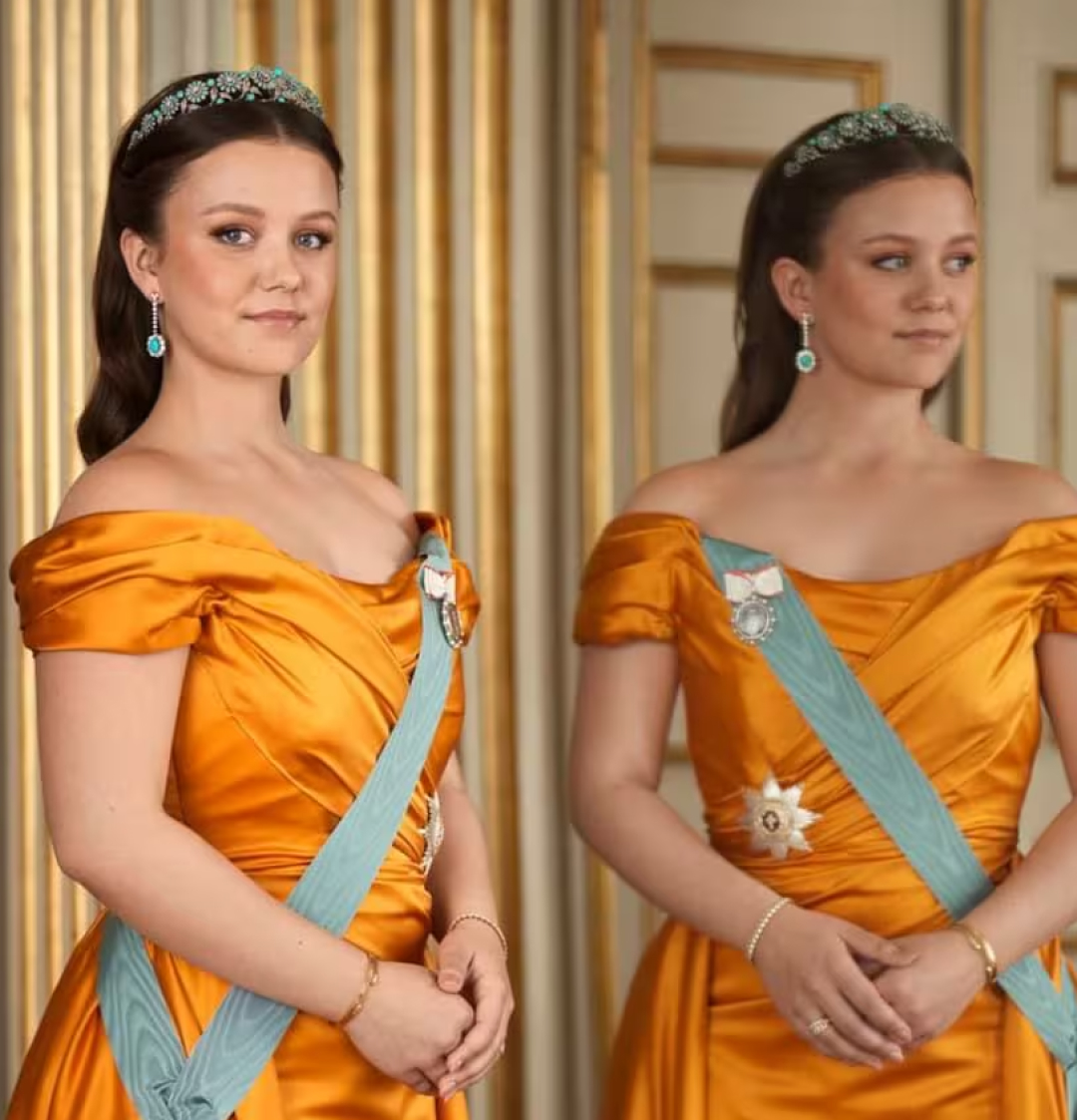 Princess Isabella Shows She's a "Typical Teenager" in Surprising Behind-the-Scenes Tiara Moment
Princess Isabella Shows She's a "Typical Teenager" in Surprising Behind-the-Scenes Tiara MomentThe Danish royal celebrated her 18th birthday with a relatable new portrait.
By Kristin Contino
-
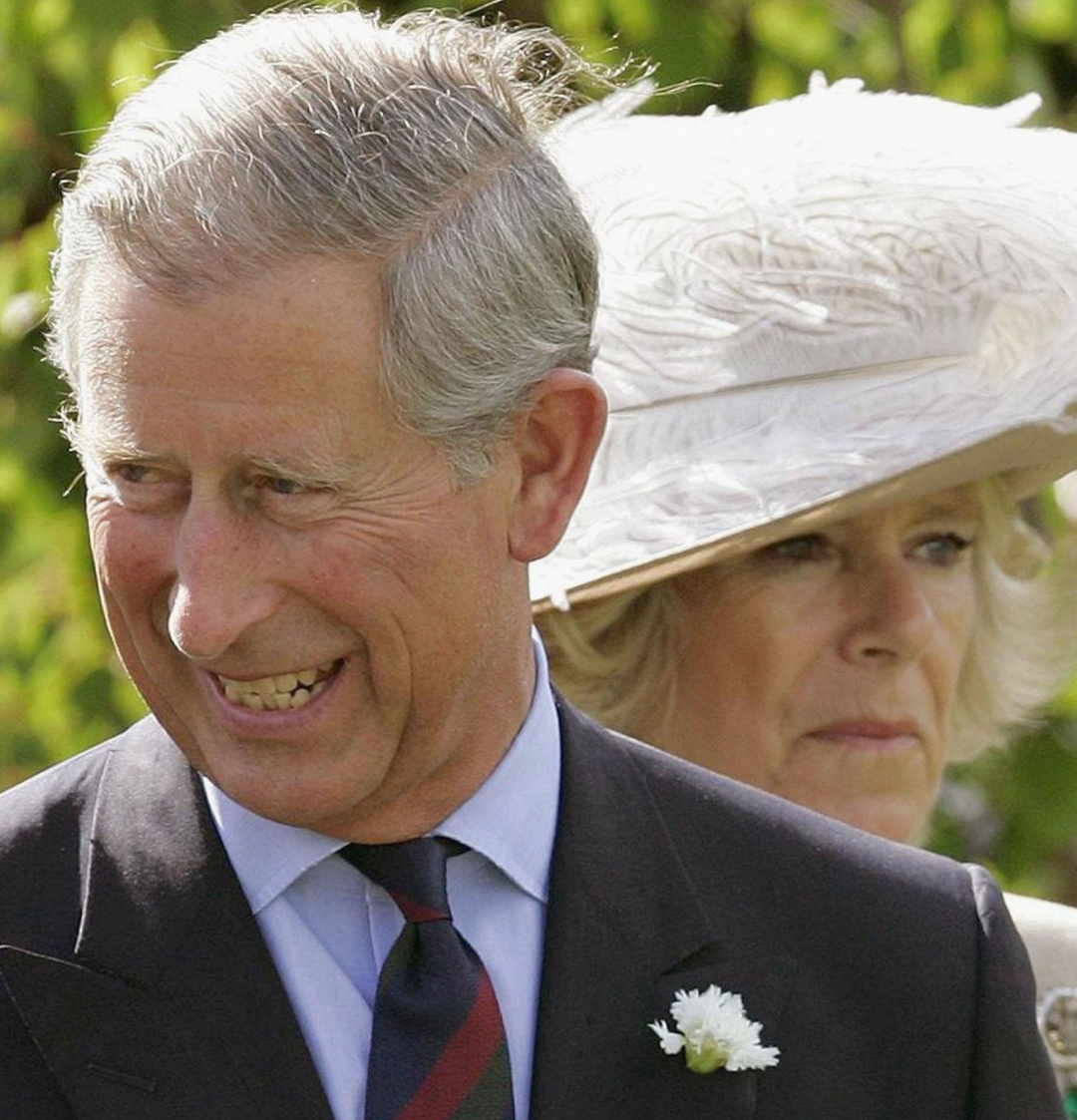 Queen Camilla "Stormed Out" of a Dinner After King Charles Made "Sexy" Comments
Queen Camilla "Stormed Out" of a Dinner After King Charles Made "Sexy" CommentsSoap star Carli Norris shared the hilarious story in a new interview.
By Kristin Contino
-
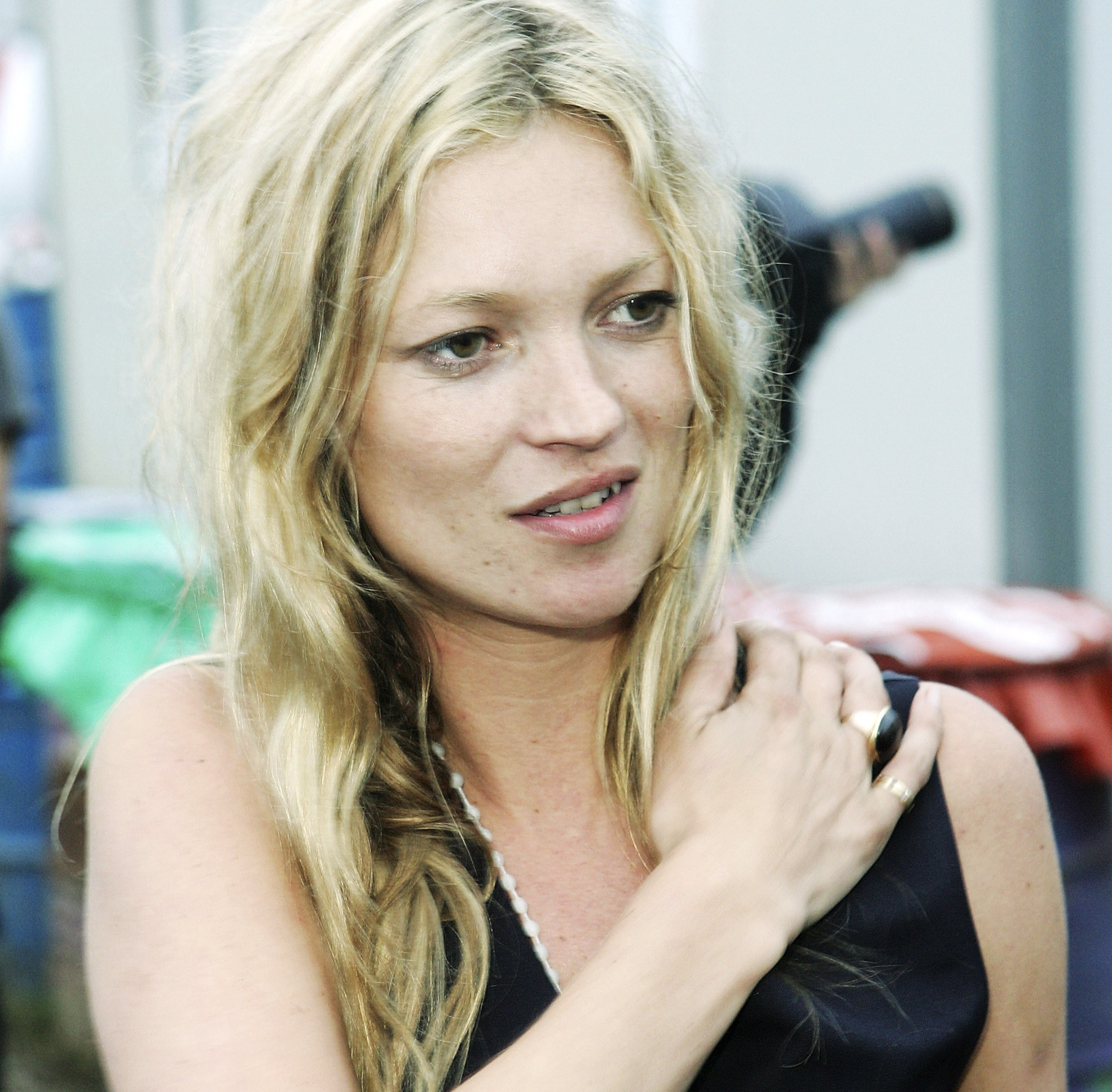 Iconic Celebrity Style Moments at Festivals
Iconic Celebrity Style Moments at FestivalsFeaturing plenty of Kate Moss.
By Katherine J. Igoe
-
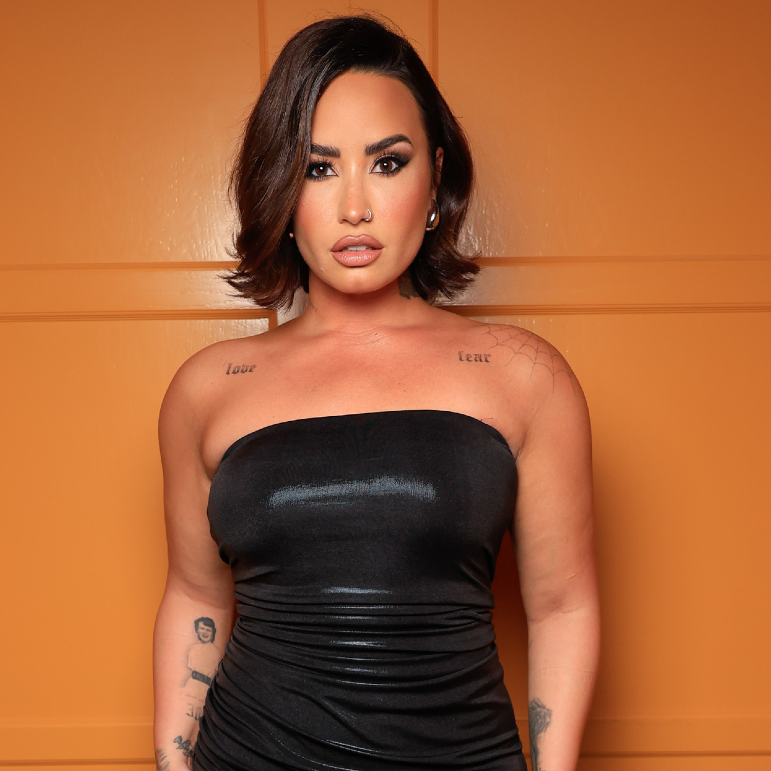 This Sleek Bun Proves Demi Lovato Is the Queen of Snatched
This Sleek Bun Proves Demi Lovato Is the Queen of SnatchedThis slicked-back bun is the stuff of legends.
By Ariel Baker
-
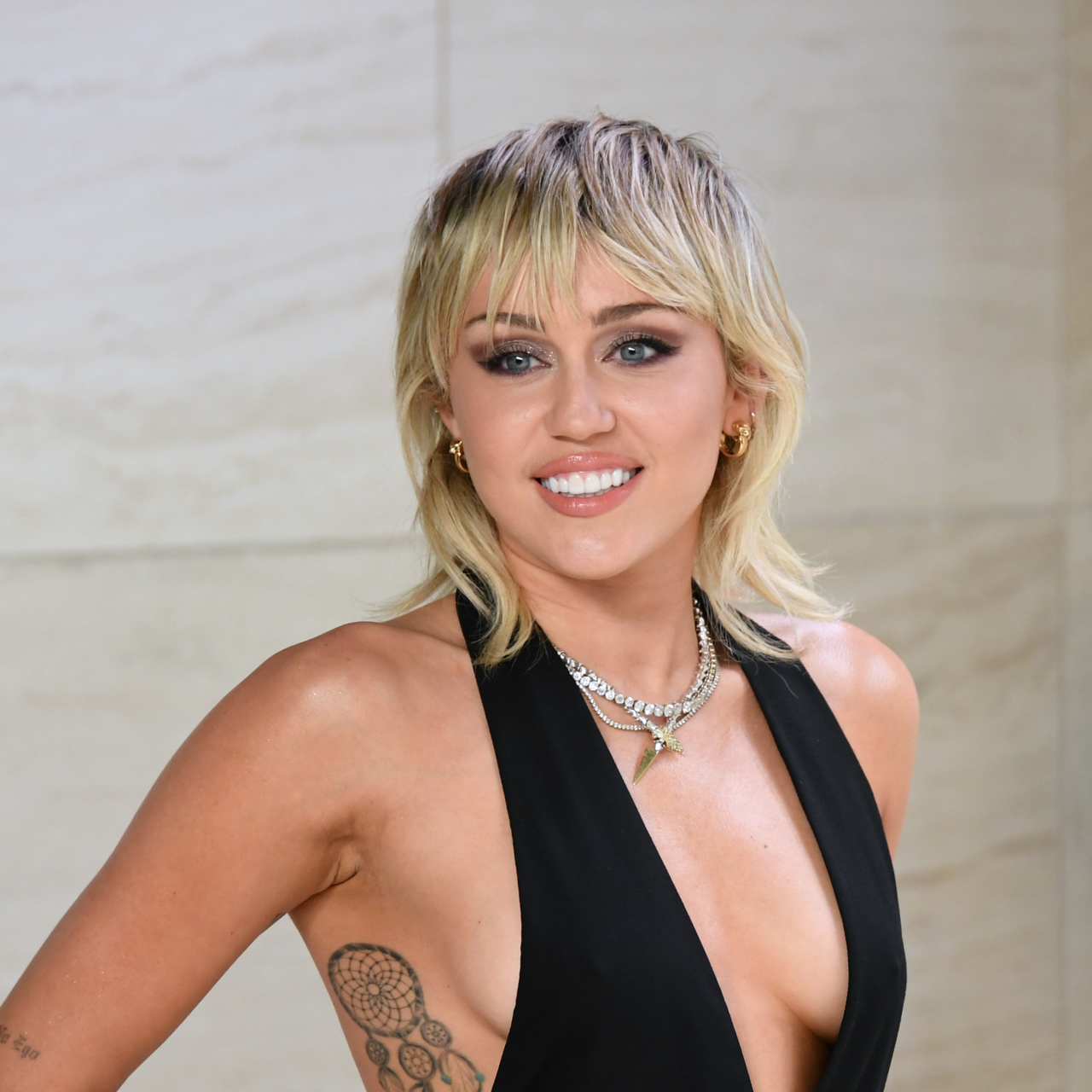 Only Miley Cyrus Can Make a Micro Bang and Wolf Cut Mashup Look This Cool
Only Miley Cyrus Can Make a Micro Bang and Wolf Cut Mashup Look This CoolAnd pull it off.
By Ariel Baker
-
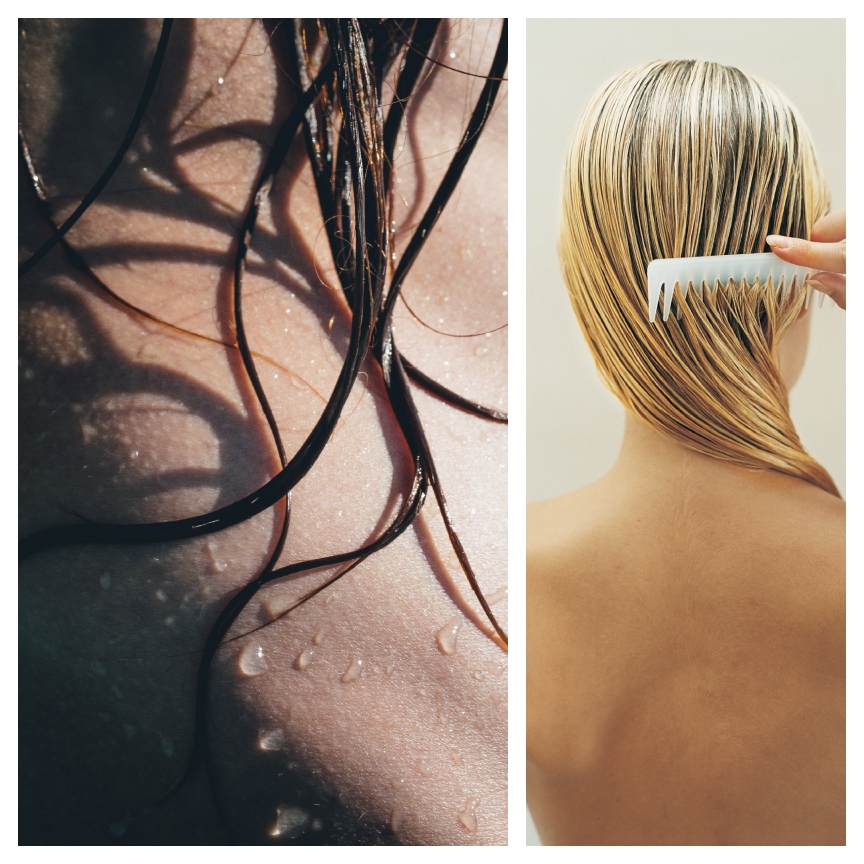 Is It Unprofessional to Show Up to a Meeting with Wet Hair?
Is It Unprofessional to Show Up to a Meeting with Wet Hair?Let's discuss.
By Hannah Baxter
-
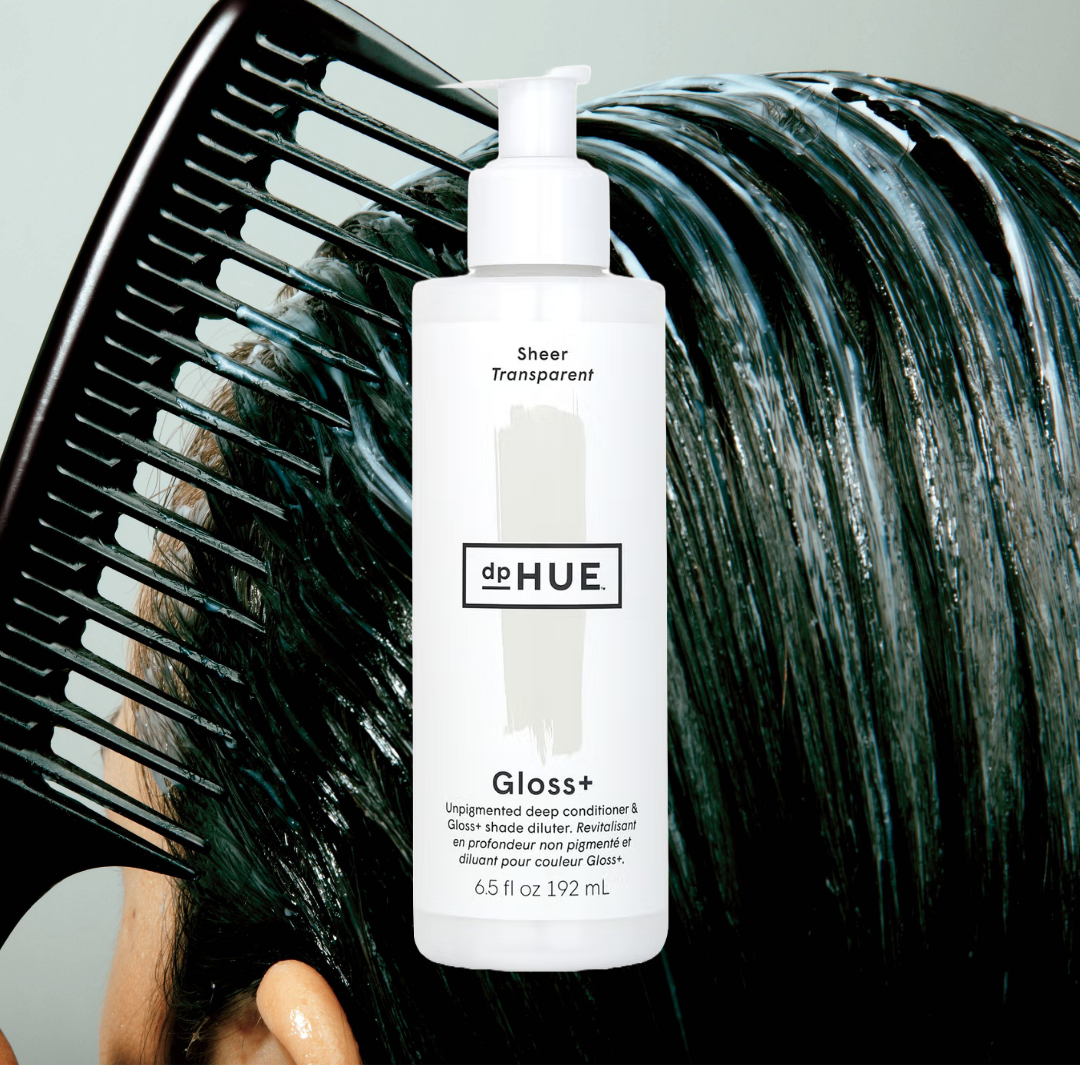 This Cult-Favorite $38 dpHUE Hair Gloss Made My Split Ends Disappear
This Cult-Favorite $38 dpHUE Hair Gloss Made My Split Ends DisappearBeauty miracles happen.
By Julia Marzovilla
-
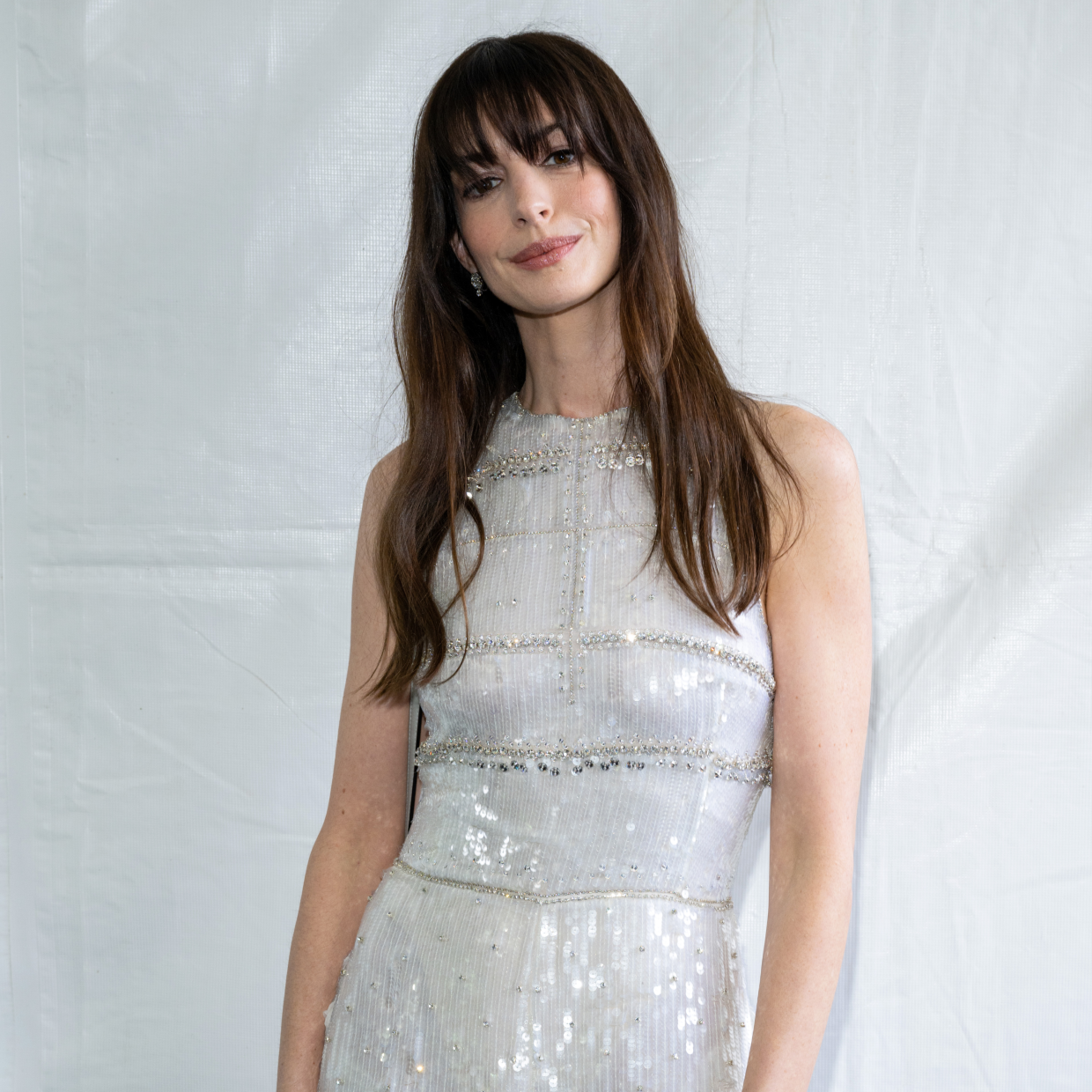 We Can't Stop Obsessing Over Anne Hathaway's AI-Inspired Front Row Ponytail
We Can't Stop Obsessing Over Anne Hathaway's AI-Inspired Front Row PonytailThe AI-inspired ponytail was front and center at the Ralph Lauren show.
By Ariel Baker
-
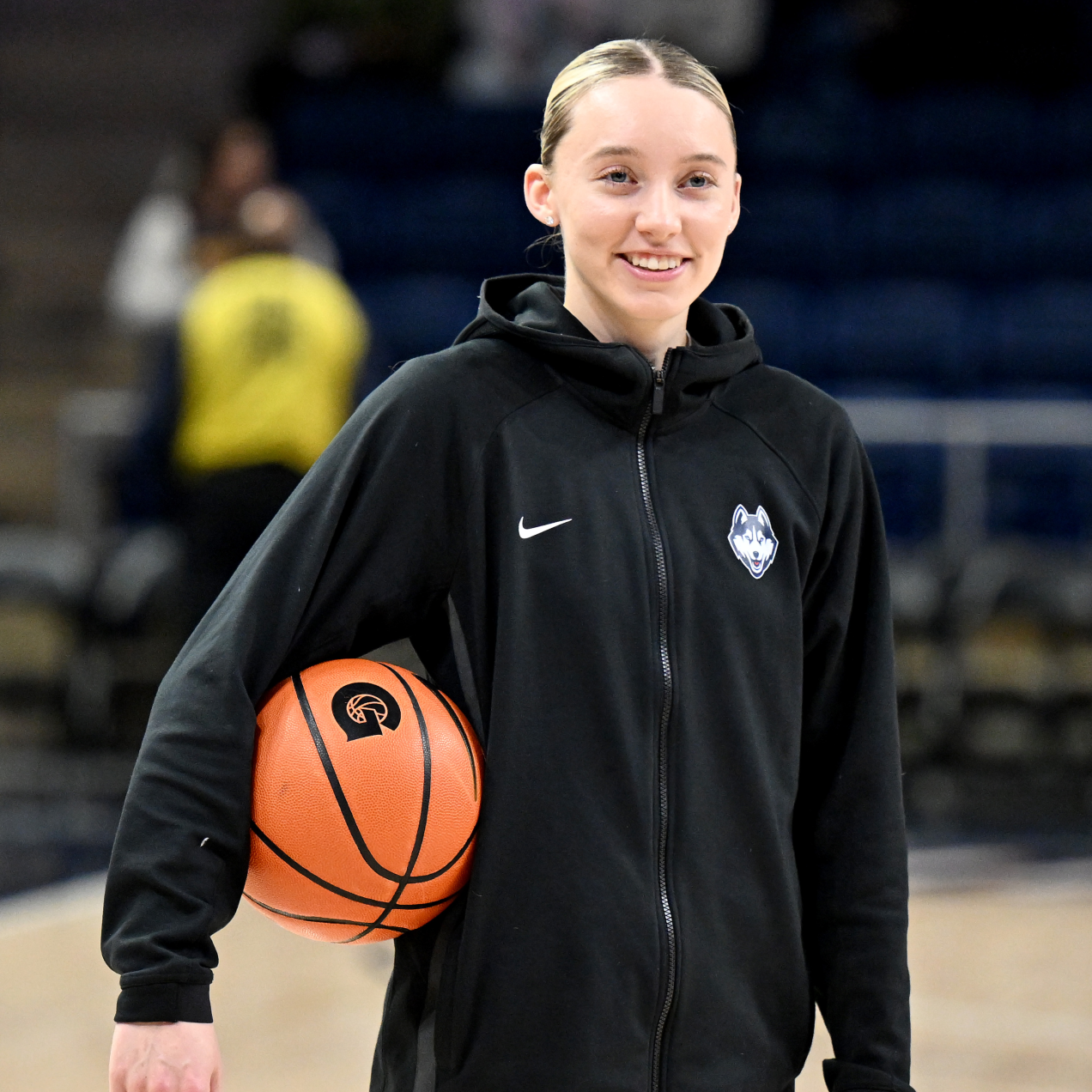 It’s Official: Paige Bueckers Has Found Her Signature Hair Color
It’s Official: Paige Bueckers Has Found Her Signature Hair ColorThe basketball star stopped by 'Good Morning America' and I simply can’t stop staring at her color.
By Ariel Baker
-
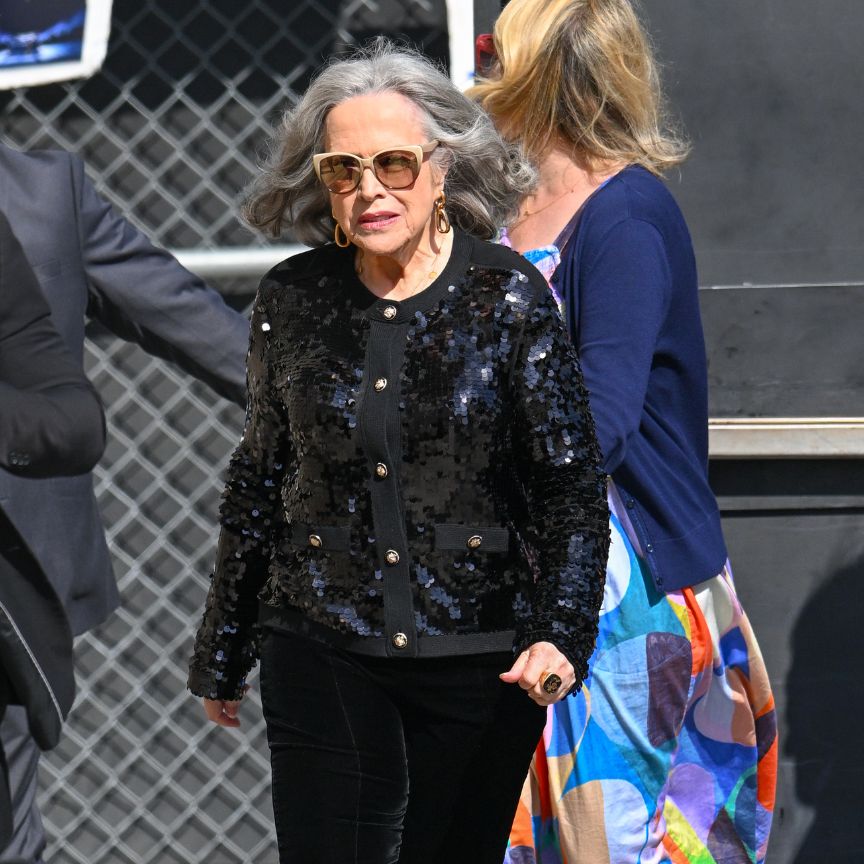 That Root Touch-Up Can Wait—Kathy Bates' Gray Hair Proves It
That Root Touch-Up Can Wait—Kathy Bates' Gray Hair Proves ItOne look at her new style and you'll be canceling your root touch-up pronto.
By Ariel Baker
-
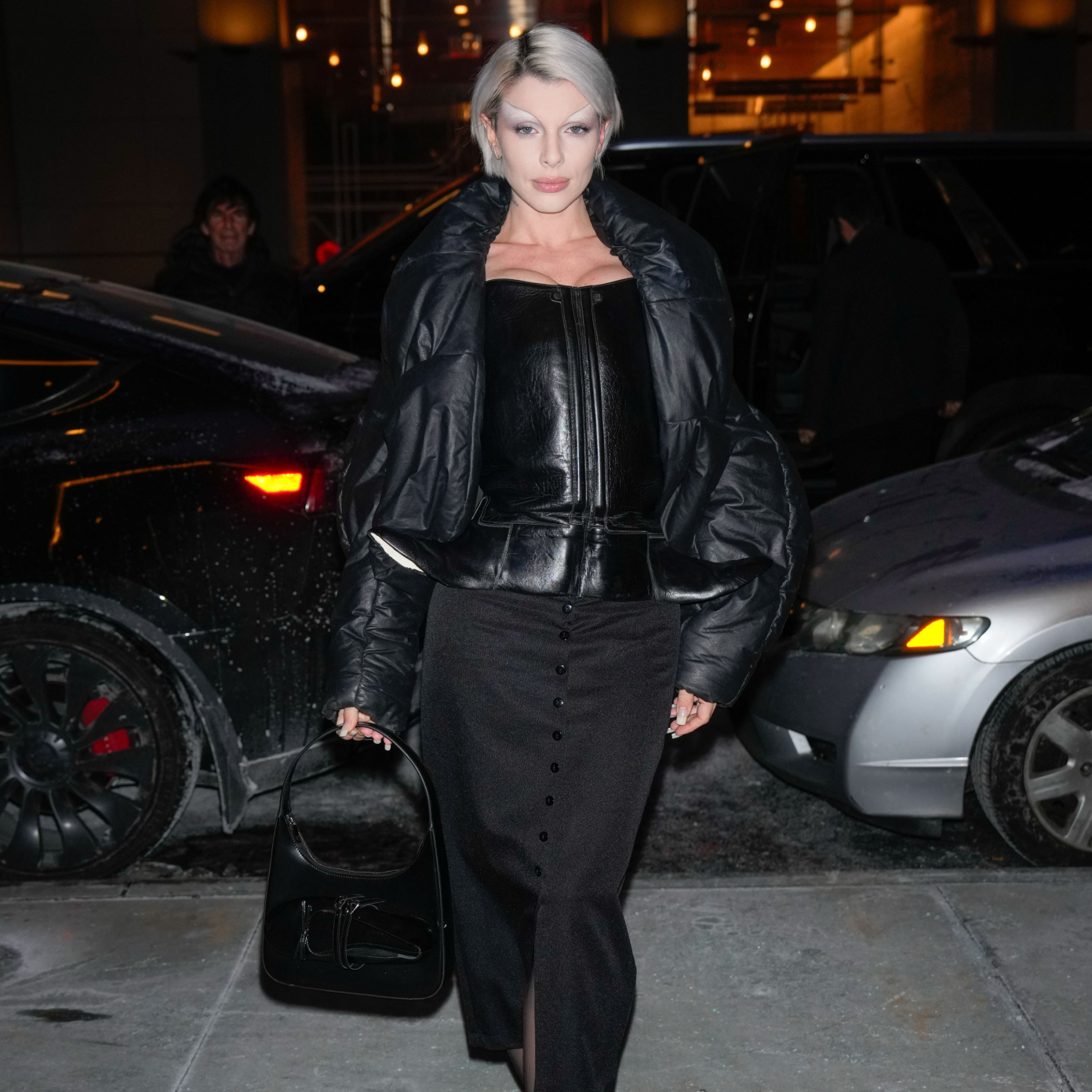 The C*nty Little Bob That Stole the Show at Coachella Is Awarded to Julia Fox
The C*nty Little Bob That Stole the Show at Coachella Is Awarded to Julia FoxLeslie Bibb fans, rise.
By Ariel Baker